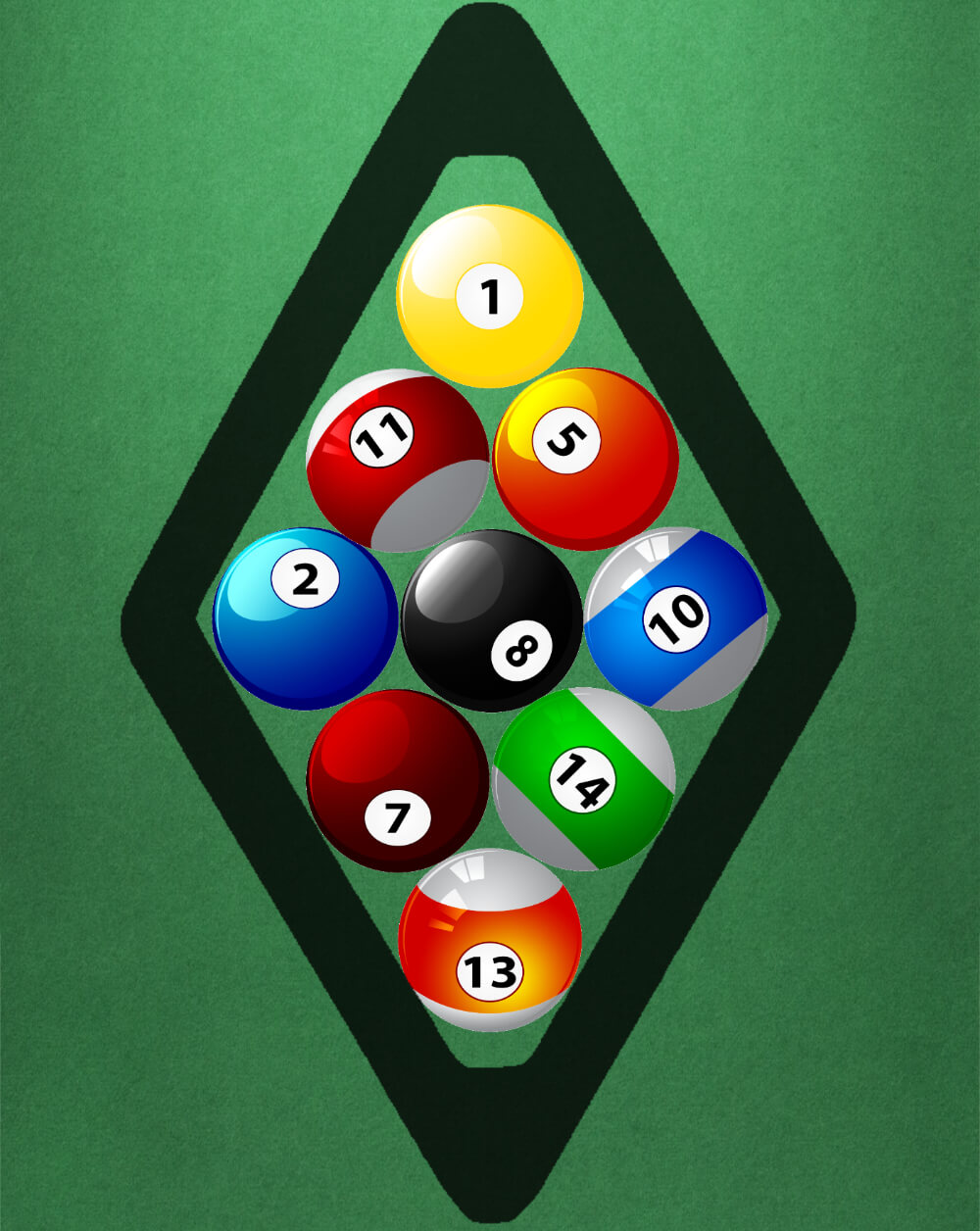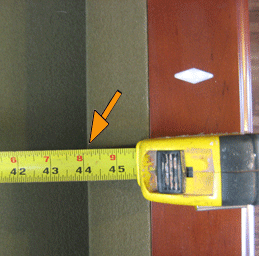
Consider the material when choosing a cue tip. The material can be hard, medium, or soft. It can also influence how the cue feels. Firm shots may feel better. It also affects the squirt and sideways tip flex. The shaft flex and endmass are reduced when the tip is soft.
Hard
Professional and high-level players prefer a hard cue tip. It's easier to maintain than soft tips and lasts for longer. It does not absorb as much energy as a soft tip.
Soft
A soft tip can be extremely useful for players who need a more flexible cueball. These tips are generally made of leather, and are available in a variety hardness levels. These tips can be made from a variety of materials, including single-piece or laminated leather. Bakelite and phenolic are also common materials.

Medium
Kamui Cue Tip products are made from premium Pigskin. This design allows for maximum porosity, and humidity resistance. They have excellent chalk retention which allows for improved tip-grip, and prevents miscuing. These tips are made to last for years and can be purchased in a pack of ten.
Phenolic
The phenolic tip on your pool cue can add up to 17% extra power to your break shot. The material has a smoother contact surface, and it is more responsive to pressure. These properties make phenolic tips an excellent choice for players who want to increase their power.
Leather
The most common tip type is the leather cue. Leather tips are more durable than synthetic ones made of cork or plastic. While leather tips are generally preferred, synthetic ones may be better for home use.
Splice
If you're thinking about buying a new pool cue, there are a couple of different ways to splice the tip of it. Some prefer to hand-splice their tips. This method is more expensive and requires more skill. If you are looking to play with the best cues, you can get one with a hand-splice.

Size
A good rule of thumb is to make sure that the tip of your cue is the same size as the shaft. This will enable you to hit the ball with more accuracy and less vibration. A smaller tip also produces less squirt, which can help you feel the ball better.
Materials
It is important to consider both the angle and spin of the ball when choosing materials for a cue tips. A slightly rounded tip can give the ball spin. A rounded tip will be rounder in shape than a dime. A rounded tip is typically thicker than that of a nickel.